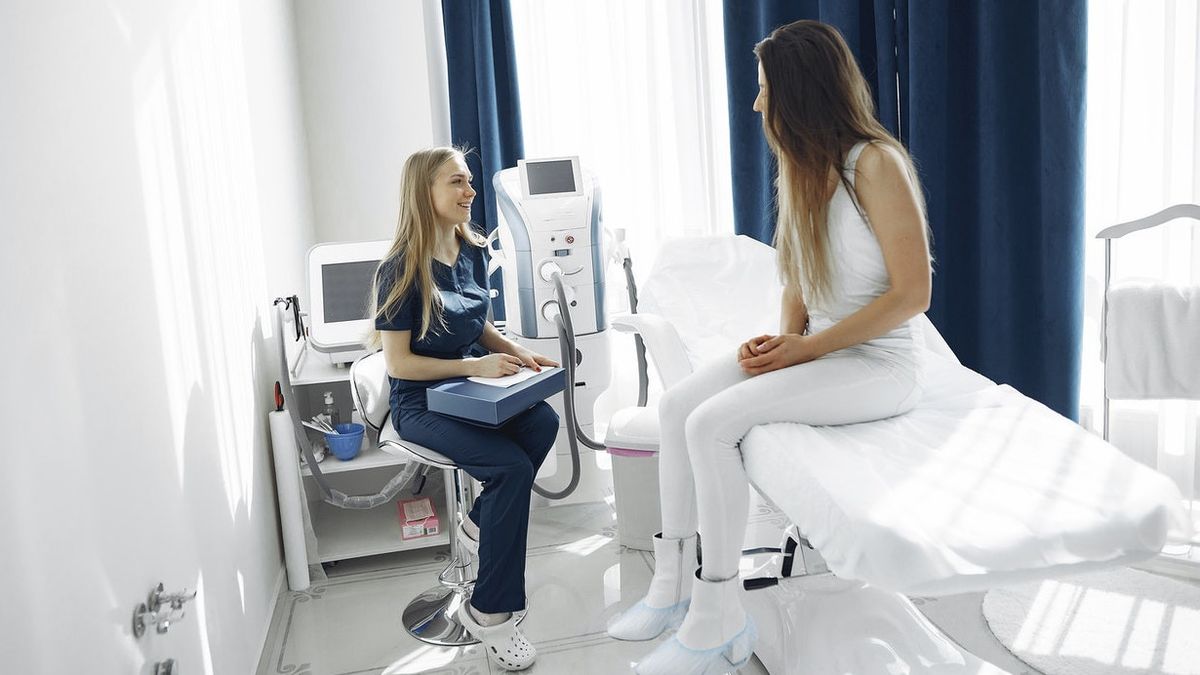JAKARTA – In the pregnancy program, there are many things that need to be prepared. Calm down, the important thing is health, right? Ensuring that you and your partner are in good health eases the way forward. By preparing as well as possible, convenience will be obtained later.
For that, before becoming parents, you and your partner need a medical check-up. Why is this important? According to the American Congress of Obstetricians and Gynecologists (ACOG), health can support pregnancy later. The health history of prospective parents also needs to be identified so that they do not experience serious illnesses that are not realized.
What tests need to be done? This is the list reported by Parents, Tuesday, November 2.
1. General inspectionA board-certified ob-gyn at Saddleback Memorial Medical Center, Laguna Hills, California, advises that pregnancy will be optimal if you and your partner are in good health. At the preconception visit, you and your partner can ask a number of things to the obstetrician.
For example, about weight, nutrition, exercise, drugs that have been consumed, medical history, menstrual periods, contraceptives used, previous pregnancies, to lifestyle habits.
That way, you and your partner have a comprehensive picture of your health. Most of all, it means checking blood pressure, blood tests, pelvic exams, and PAP tests. Your obstetrician may also ask about chronic health problems, diabetes, hypertension, thyroid disorders, asthma, and autoimmune disorders.
2. VaccinationAccording to doctor Kenneth James, MD, if you're planning to get pregnant, it's important to make sure about what vaccinations each partner has had. These need to be consulted to avoid those that may be harmful to your pregnancy or your baby.
For example, have been vaccinated against tetanus, diphtheria, and pertussis as well as hepatitis B, measles, mumps, rubella, and chickenpox. The ideal distance between getting the vaccine and pregnancy is around 3-6 months.
3. Sexually transmitted infections (STIs)Even if you believe you're in a monogamous relationship with your partner, it's better to keep an STI check than to regret behind your back. Because the baby's health can depend on this condition. Untreated STIs can cause serious problems for the pregnancy and the baby.
In some cases, chlamydia is associated with premature labor, gonorrhea can cause miscarriage, while syphilis can cause problems in the baby such as the baby's heart, skin, eyes, teeth, and bones.
4. Genetic testingGenetic testing, according to Shona Murray, MD, should not be done by everyone but all parents-to-be should know about their health information. The Director of Advanced Reproductive Medicine, Colorado Springs, University of Colorado, recommends pre-pregnancy genetic testing.
This test will help determine whether you or a partner who carries the abnormal gene is linked to certain diseases that may be passed on to the baby. Your doctor may also recommend testing for cystic fibrosis (CF) and spinal muscular atrophy.
5. Dental check-upSays Mark K. Nguyen, DDS dentist in Costa Mesa, California, pregnancy is closely related to the condition of the teeth. During pregnancy, the body undergoes hormonal changes that can cause inflammation of the gums, also known as pregnancy gingivitis.
This condition increases your susceptibility to the bacteria that cause gum disease. According to research, gum disease increases the risk of premature birth and low birth weight.
In addition, you and your partner also need to have emotional balance because it will be related to physical health. So that the pregnancy program continues to run well, discuss every step with your partner.
The English, Chinese, Japanese, Arabic, and French versions are automatically generated by the AI. So there may still be inaccuracies in translating, please always see Indonesian as our main language. (system supported by DigitalSiber.id)











